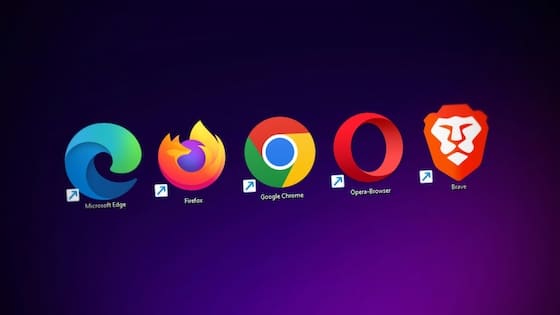To paraphrase Yoda: Begun, the AI browser wars have. Most major AI engines are launching or have aspirations to launch their own browsers. This gives them a certain degree of control and independence over Google and Apple, while enjoying some vertical integration and positioning (more on that in a bit).
After seeing moves from OpenAI and Perplexity – not to mention Google’s existing browser ownership (for now) – there were a few developments this week. The first was Microsoft, which announced a new feature in its Edge browser called Copilot Mode. This integrates AI directly at the browser level.
Among other things, users can launch new tabs that are built around Copilot. This involves multi-part agentic workflows like researching and booking a vacation. While this doesn’t rise to the level of a full-fledged AI browser, it’s a big step in that direction, and a preview of Copilot’s broader browser takeover.
Then we heard a surprising move from Perplexity. It wants to join the small club of companies bidding for Google Chrome as it faces the likelihood of divestiture. This is a bold move, as Chrome’s price tag is many times Perplexity’s valuation. But this is on brand, as the AI era is all about aiming high.
Moves & Machinations
For further background and context, let’s catch us up on the moves and machinations of the browser wars so far. The biggest development so far happened on the same day last month: Perplexity announced its AI-first browser, just as information leaked about OpenAI’s corresponding play.
Sticking with Perplexity – as its explicit announcement offers more concrete details – it plans to launch a browser that’s built natively for AI searching and browsing. Known as Perplexity Comet, it will be available through Perplexity’s new $200 per-month premium tier, offering browser-embedded AI functions.
The idea behind Comet – and OpenAI’s lesser-known play – is to rethink the role of the browser in an AI-first world. In other words, these are meant to be native AI browsers, as opposed to legacy browsers that retrofit themselves with some AI. The latter is what Google (and Microsoft, per the above) has done.
More specifically, AI browsers could replace the manual browsing that we’ve all come to know with agentic AI functions that act on your behalf. That could mean things like prompting agents to achieve an outcome, followed by multi-step workflows. Think: comparison shopping for a new car or flat-screen TV.
These things can already be done with AI engines, but not necessarily integrated at the browser level. That integration can mean a few things, such as unified workflows and convenience. Perplexity also boasts that the Comet browser’s model training happens locally, which means it’s privacy-friendly.
Funnel Opening
Back to the dynamics and drivers for the browser wars in general, this is a logical and expected market development. In addition to integrating AI functions directly into the browser, AI engines can better position their freemium products and upsells. The browser offers a sizable funnel opening for that.
But most of all, browsers allow AI-native engines to circumvent Google. They don’t want Google – increasingly an AI competitor – to control the vessel through which they’re delivered. Just ask Facebook. That logic could extend further down the stack to OSs and devices, but it’s all about browsers today.
Meanwhile, Google is the incumbent with the target on its back. By launching their own browsers, leading AI engines are taking the fight to the browser market share leader. In that sense, Google has the most to lose from new browser competitors, especially those that dangle buzzy AI features to users.
Coming full circle to Perplexity’s bid for Chrome, legacy browser ownership is seemingly counterintuitive to the AI-native approach. But Perplexity is likely in it for Chrome’s massive user base, its technology (to integrate into Comet), and to take it off the market. Expect to see more aggressive moves like this.
Header image credit: Denny Müller on Unsplash


